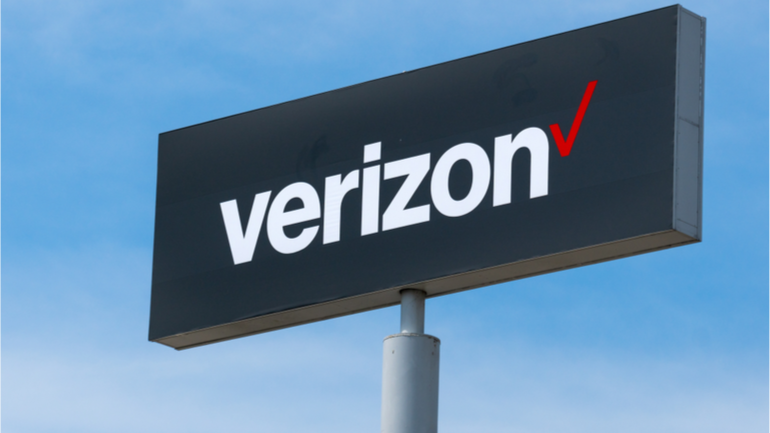BT Group has reported a slight revenue increase to £20.8 billion, a 1% rise from last year, driven by price hikes for broadband customers, robust sales of fibre products in Openreach, and growth in the consumer division. However, the company’s pre-tax profits dropped sharply by 31%, falling to £1.18 billion, despite a 2% rise in adjusted EBITDA, which reached £8.1 billion.
Vodafone Germany is set to reduce its workforce by 2,000 in the next two years as part of a cunning organizational restructuring strategy. These significant shifts aim to transform the telecom titan into a “simpler, faster, leaner, and more powerful” operation.
The American telecommunications company Verizon, which offers wireless products and services, has announced that it will meet its $10 billion cost reduction target, which was first announced in 2017 by Lowell McAdam, the former CEO. Back in 2017, the company said it plans to introduce an aggressive cost-cutting technique called zero-based budgeting. The idea behind this strategy is that all business units should start each year with a clean sheet and justify the money they want to spend, in place of basing it on last year’s expenses. Since the announcement, Verizon has reduced its budget by a mixture of virtualization, early retirement offerings for its management team, and operational efficiencies through the One Fiber and Intelligent Edge Network initiatives. To achieve this goal, the company has been conserving billions of dollars annually in operational efficiency stemming from the foundation of their network to the efficient flow of…






